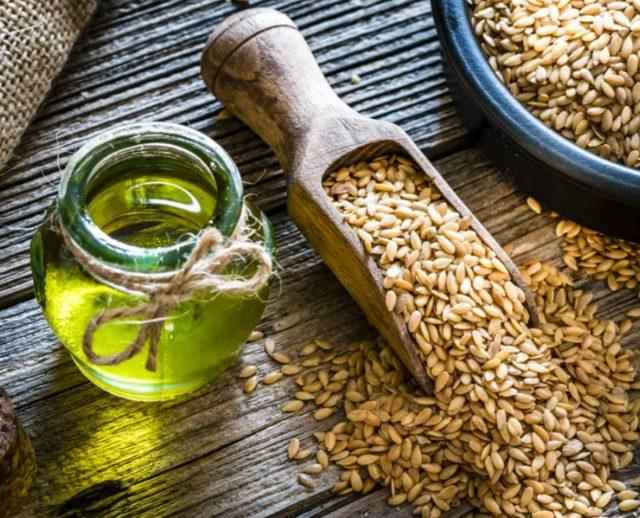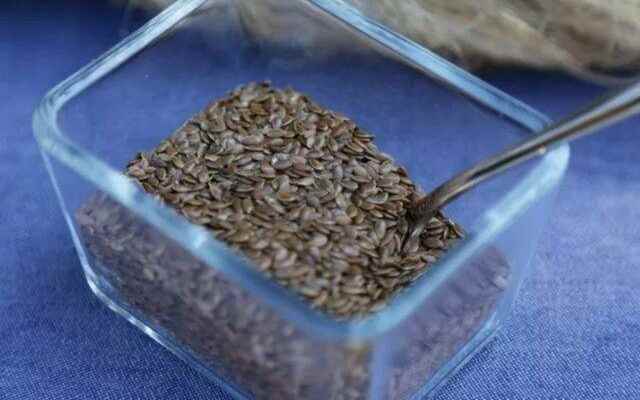The number of people who eat flaxseed in society is very small. However, flaxseed is a complete source of healing. Many people do not know the benefits of flaxseed and how it is eaten. Flaxseed, which can be added to a wide variety of foods, provides protection against diseases when eaten regularly, instantly solving digestive system complaints such as constipation.
WHAT ARE THE BENEFITS OF flaxseed?
- It is rich in vitamin B, E, magnesium, iron and potassium.
- It helps improve bone health.
- It maintains nerve health.
- Since it keeps blood sugar in balance, it takes its place in both diet programs and diabetes menus.
- It contains high amount of fiber. With this feature, it gives a feeling of satiety for a long time.
- Flaxseed reduces the risk of breast cancer.
- It helps to lower bad cholesterol.
- It reduces acne scars. It is effective in the treatment of inflamed skin areas.
- It is also good for other digestive problems, especially constipation.
- It helps the intestines to work healthily.
- It helps fight inflammation.
- It lowers high blood pressure.
- Balances blood sugar.
- It is beneficial for skin and hair.
- It delays aging.
- Balances female hormones.
- It protects against heart diseases.
- It helps to lose weight.
- It cleanses the body of toxins.
- It is rich in antioxidants and helps prevent cancer.
- It reduces eye dryness.
HOW TO USE LINEN SEED?

Flaxseed can be consumed in 3 different ways. The most commonly used seed is to consume it in sprouted form. Seeds are soaked in warm water for 10 minutes or cold water for 2 hours. It is then sprouted and consumed as such. Sprouting flaxseed removes phytic acid and increases mineral absorption. Flaxseed can also be used as a powder by adding it to many foods. It can also be consumed as grains by adding it to yogurt and meals. Flaxseed grains or powder are also used to make soups. Especially cold soups such as ayran vaccine are enriched with flaxseed.
